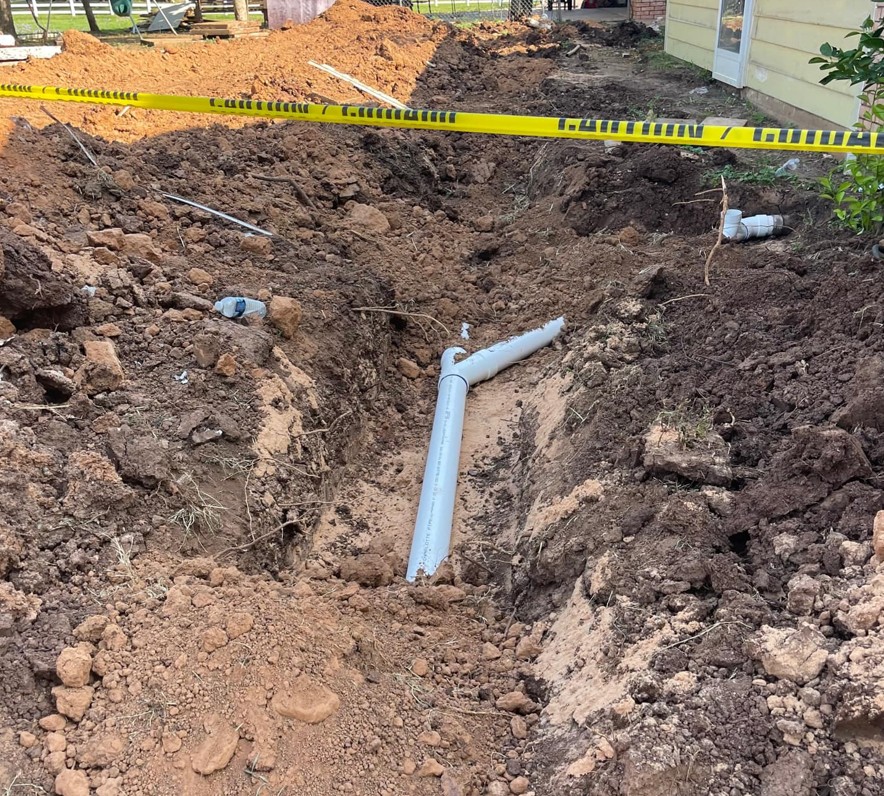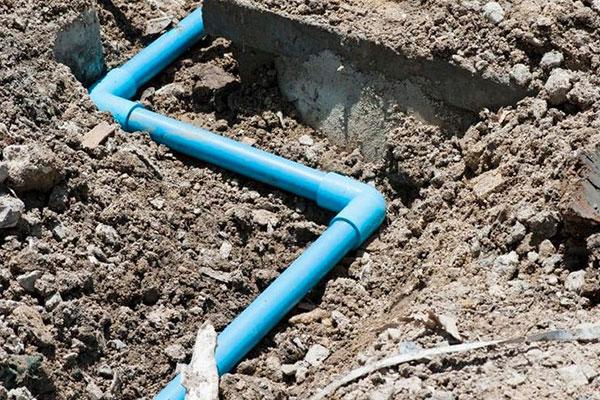
Serving Texas Counties: Harris, Montgomery, Waller, Fort Bend, Austin, Grimes and Brazoria
Sewer Repairs near Harris County, Texas
Brown Aerobic Septic Specialists is Committed to superior quality and results!

AVOID COSTLY MISTAKES:
Do NOT hire an excavating contractor without first reading our free guide:
The ULTIMATE Excavation & Septic "Success Guide."

Sewer Repairs near Harris County — What It Actually Means for Your Property
When you hear sewer repair, it’s easy to imagine a messy dig and a blown timeline. The truth is simpler: smart planning, accurate diagnostics, and a clear scope turn chaos into a predictable project. In Harris County, Texas, soils range from expansive clay to sandy loam, storm events can be intense, and local codes matter. This page breaks down what Sewer Repairs near Harris County involve, the benefits you gain, the cost drivers to watch, and a step-by-step hiring process so you can move forward with confidence and keep daily life running smoothly.
How Can We Help?


Why Consider Sewer Repairs Now in Harris County, Texas
Small warning signs rarely fix themselves. Gurgling drains, slow sinks, sewage odors, wet spots in the yard, or sudden spikes in water bills typically point to blockages, breaks, or root intrusion. Addressing them early prevents slab damage, sinkholes, and contaminated landscaping. For many homeowners, fixing the root cause also improves everyday comfort—faster drains, fewer backups, and a healthier yard. In neighborhoods across Harris County, proactive work protects property value and keeps you aligned with inspection requirements when it’s time to refinance or sell.
The Benefits of Professional Sewer Repairs near Harris County
Fewer emergencies. Properly repaired lines reduce weekend backups and costly after-hours calls.
Code compliance. Work that follows Texas and Harris County standards avoids fines and failed inspections.
Cleaner property. Modern techniques limit disturbance, preserving driveways, lawns, and mature trees.
Better flow and efficiency. Restored grade, smooth pipe interiors, and sealed joints mean faster drainage.
Longer service life. Quality materials and water-tight connections resist corrosion and root intrusion.
Real resale value. A documented repair with permits and inspection results reassures future buyers.
Health and safety. Stopping leaks reduces exposure to bacteria and prevents soil contamination near play areas or gardens.
Common causes and how they’re fixed
Root intrusion. Tree roots follow moisture through tiny gaps. Solutions include cutting roots, hydro-jetting, and installing liners or replacement sections with tight joints.
Crushed or bellied pipe. Heavy loads or soil movement create sags that trap solids. Crews re-establish grade with new pipe and bedding or use trenchless methods if conditions allow.
Offsets and separations. Older clay or cast-iron segments can shift. Spot repairs or sectional liners restore alignment.
Grease, scale, and debris. Hydro-jetting clears lines; descaling tools restore the interior diameter before a final camera inspection.
Improper fittings or slopes. Rebuilding with correct fall and sanitary fittings prevents chronic clogs.
Trenchless vs. open-cut: choosing the right approach
Trenchless lining (CIPP). Ideal for minimal yard disruption, this installs a resin-saturated liner inside the existing pipe to create a smooth, jointless interior.
Pipe bursting. A bursting head splits the old line while pulling in a new HDPE or PVC pipe; helpful when the existing pipe is badly deteriorated.
Open-cut replacement. Best when segments are collapsed, bellied, or accessible; allows full soil correction and new bedding.
The best method depends on pipe material, depth, utilities, trees, driveways, and access. A thorough camera inspection informs the choice and cost.
See Our Excavation & Septic Services

✔️ Commercial Excavation
✔️ Residential Excavation
✔️ Septic inspections
✔️ Septic system pumping
✔️ Septic tanks - aerobic systems
✔️ Septic installation
✔️ Drain field replacement
✔️ Sewer repairs
Quality Services Launched FAST!

✔️ Camera Inspections
✔️ Pipe Jetting and thawing
✔️ Trenching
✔️ Grease trap pumping
✔️ Septic repairs
✔️ Septic maintenance contracts
What Are You Waiting For?
How the process works: hiring Sewer Repairs near Harris County
1) Discovery call and symptom review. Share issues, timelines, and site constraints.
2) On-site camera inspection. Crews locate the main, mark utilities, and record footage that pinpoints breaks, roots, or bellies.
3) Options and fixed-scope proposals. You’ll see side-by-side plans—trenchless, spot repair, or replacement—with timelines and restoration notes.
4) Permits and scheduling. For Harris County addresses, permit needs and utility locates are handled before work begins.
5) Repair day. Access pits or cleanouts are set; trenchless gear or excavation proceeds; crews protect hardscapes and traffic.
6) Verification. A post-repair camera run proves the fix, slope, and flow.
7) Restoration and documentation. Backfill, compaction, sod or concrete patches, and a packet containing permits, photos, and video links.
What impacts the price in Harris County, Texas
Depth and length. Deeper, longer runs require more labor and restoration.
Method. Lining and bursting can cost more up front but reduce landscape damage.
Access. Working under slabs, driveways, or large trees adds complexity.
Soils and groundwater. Expansive clays or high water tables influence shoring and dewatering.
Restoration. Concrete, pavers, irrigation, and fencing affect the total.
How to compare proposals like a pro
Ask to see the inspection video, written scope, materials list, permit plan, restoration notes, and warranty terms. Make sure proposals specify pipe type and SDR rating, bedding, compaction, and cleanout locations. Insist on a post-repair camera verification and a copy of the footage. Apples-to-apples details reveal true value and protect you from surprise change orders.
Maintenance after the repair
Schedule periodic camera checks on older systems and use enzyme-safe practices. Avoid flushing wipes, grease, or construction debris. If trees are close to the line, consider planned jetting and root control to keep the system performing.
Clear next steps
If you’re seeing warning signs, gather evidence: where backups occur, which fixtures bubble, and any yard wet spots. Then request a camera inspection and a side-by-side plan for your site. With the right scope, Sewer Repairs near Harris County can be completed cleanly, quickly, and to code—so your home life runs smoothly again.
Local codes and permitting essentials in Texas
Harris County may require permits, utility locates, and traffic control plans for deeper cuts or roadway crossings. Expect adherence to the Texas Plumbing Code, backflow prevention where applicable, and erosion control if excavation exposes soil. Crews should document pipe type, diameter, and cleanout placement on an as-built sketch. Quality contractors coordinate inspections, meet trench safety rules, and maintain insurance and registrations current with local authorities.
Quick homeowner checklist
Confirm camera footage, scope, materials, warranty, permits, restoration plan, and post-repair verification video. Ask for updates, staging locations, and how the driveway, lawn, and irrigation will be protected.
Hours: Mon-Fri 8AM-4.30PM
Extended hours by appointment only.
Address: 17618 South drive Cypress Texas 77433
All rights reserved | Client Support Area